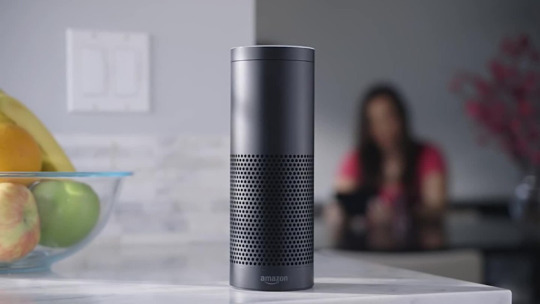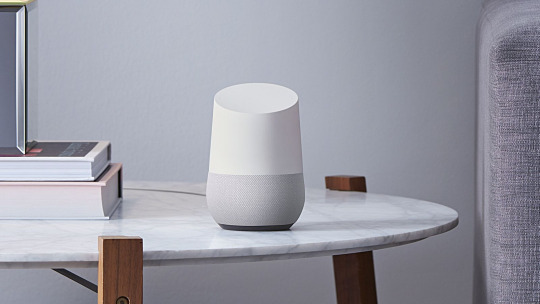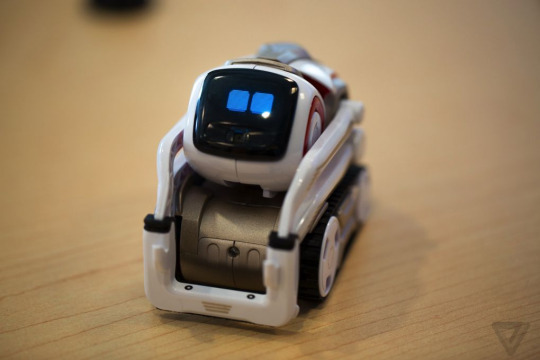Don't Cage your Virtual Assistant in a Speaker Tower
Vidit Bhargava
CES 2017 hasn’t even begun yet and one could still safely say that it’s going to be the year of Alexa, as far as mobile electronics are concerned. Amazon’s Alexa is coming everywhere. (It’s even going to be in your refrigerator.)

But Alexa’s most successful product, is probably the one where almost everyone’s running to clone. And that’s Amazon Echo. A speaker, which uses Alexa, to follow your commands. From the little i’ve seen of Alexa from the demos, it’s a great virtual assistant. Virtual Assistants themselves have gotten to a point where they’ve become highly sophisticated pieces of software, more over they are probably the most whimsical aspect of your mobile device at the moment! But For a category of products where the software (the virtual assistant) has so much personality in their voice, it’s ironic how these devices are essentially just cylindrical virtual cages. For software so compelling, most of the hardware around is just trash, it’s just a cylindrical box, with an array of microphones and speakers.
For Products which have so much personality in their voice, it’s ironic how they are caged inside speakers.
The thing is Amazon’s doing what it’s great at. It’s great at providing large amounts of content without any interference. Look at their other services for examples, Amazon’s e-Commerce business works on its careful management of warehouses and efficient transfer of goods. If you are looking for book recommendations, Amazon’s probably not the place to go to. Amazon Prime Video has lots of content at very low prices, even if the app practically offers no discoverability for movies I may like. Amazon’s all about little personality, more efficiency And Echo fits in well with the line up. But then, Echo’s success has started a chain of Echo-Clones (the most famous one being Google Home) that are basically good looking speakers. And this is where I feel Apple may have an opportunity to make something different and truly interesting here.

Amazon’s all about utilitarian designs: More efficiency with little to no personality
When Siri first released in 2011, one of the key features were it’s whimsical nature. Siri had a personality that it adheres too. It was almost like a Pixar Character. And while over time Siri has been criticized for things like its inconsistent sequential inference or it’s unreliability at providing information, it remains one of the most interesting assistants to interact with. Interacting with Siri feels more natural. And “If” Siri were to be in a standalone device, I’d like to think that the personality would translate into hardware as well.

One of the most exciting technology products of last year was the Anki Cozmo. It wasn’t just your regular AI powered bot. It was a little more than that. Cozmo would jump with joy on winning a game, throw about tantrums on loosing one, decline it’s offer to play a game and you’d see it be visibly disappointed. It’s entire body responds to the surroundings. It’s not a speaker or a microphone grid. It’s a bot that responds to commands likes playing games and learns on the way. Something like the Cozmo is ideal for an echo like
device. It’s a device that i’d like to see respond to my queries like Siri would.
Something like the Anki Cozmo is an ideal device to house a virtual assistant like Siri or Alexa
It’s 2017, and the design of a lot of gadgets around us looks a little boring, While standalone products like Echo are gaining popularity, I’d like to hope for someone like Apple to disrupt it with it’s usually different approach for designing new products. And I’d take a guess that a Siri powered hardware product would be more Cozmo than Echo. Even if that means making a few compromises on the number of microphones.
